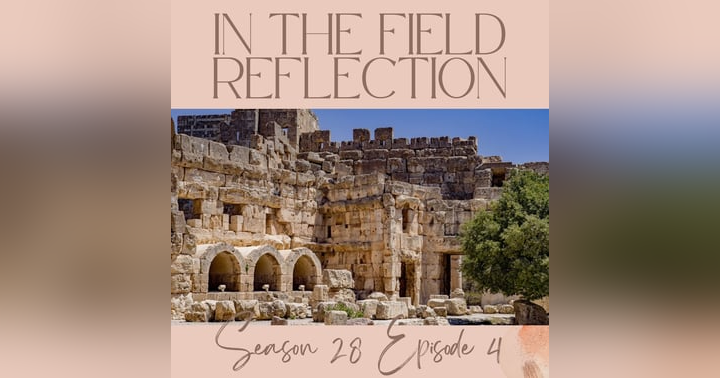Justice Arrives: The Divine Reckoning of Assyria's Cruel Empire

The final chapter of Nahum delivers a powerful culmination to the prophet's oracle against Nineveh, the heart of Assyria's cruel empire. This prophetic message speaks not only to an ancient city but resonates with timeless truth about justice, power, and divine intervention that remains profoundly relevant today.
Nahum 3 opens with the haunting declaration, "Woe to the city of blood, full of lies, full of plunder, never without victims." This vivid indictment reveals the heart of Nineveh's sin – not merely political dominance, but a systemic culture of violence, deception, and exploitation that had become the empire's defining characteristic. The prophet employs striking imagery, comparing Nineveh to a prostitute who seduced nations through her sorceries and enslaved peoples through her witchcraft. This metaphor powerfully illustrates how Assyria used manipulative alliances, false promises, and seductive power to maintain control over the ancient Near East, leaving destruction in its wake.
What makes Nahum's prophecy particularly compelling is its unflinching declaration of divine justice. The text repeatedly emphasizes "I am against you," words spoken directly from God to this seemingly invincible superpower. This confrontation wasn't arbitrary or capricious – it was the measured response of a righteous God to generations of unchecked cruelty. The imagery becomes increasingly graphic as Nahum describes the coming siege, with chariots rumbling through streets, swords flashing, and bodies piling up. Yet within this harsh judgment lies an important theological truth: God sees the suffering of the oppressed and eventually brings justice, no matter how powerful the oppressor.
Perhaps most striking in Nahum's final oracle is the element of divine irony. The empire that had caused countless cities to fall would itself collapse. The nation that had scattered peoples would see its own citizens scattered. The military that had broken down gates would watch its own defenses crumble. This pattern reflects a consistent biblical principle – that those who live by exploitation often experience the same fate they inflicted on others. The description of Nineveh's defenses being as futile as "fig trees with their first ripe fruit" when shaken reveals the fundamental fragility of even the most imposing human power structures when faced with divine judgment.
While Nahum's message centers on judgment, it implicitly carries hope for the oppressed. The concluding verse states, "All who hear the news about you clap their hands at your fall, for who has not felt your endless cruelty?" This response indicates that Nineveh's downfall brought relief to countless victims of Assyrian brutality. For Judah, who had suffered under Assyria's shadow, this prophecy offered assurance that God had not abandoned them to endless tyranny. Their prayers had been heard, and deliverance was coming, not through their own strength, but through God's intervention.
The enduring relevance of Nahum 3 lies in its unflinching examination of how power can corrupt and how divine justice ultimately addresses human cruelty. It challenges us to examine the "Ninevehs" in our own lives – the false securities, destructive patterns, and misplaced trusts that seem powerful but ultimately cannot stand. It invites reflection on systems of exploitation in our world and reminds us that God's justice, though sometimes delayed, is ultimately certain. Above all, it points to the reality that beyond judgment lies restoration – that God's purpose in bringing down what is corrupt is to make way for what is true, just, and life-giving.



